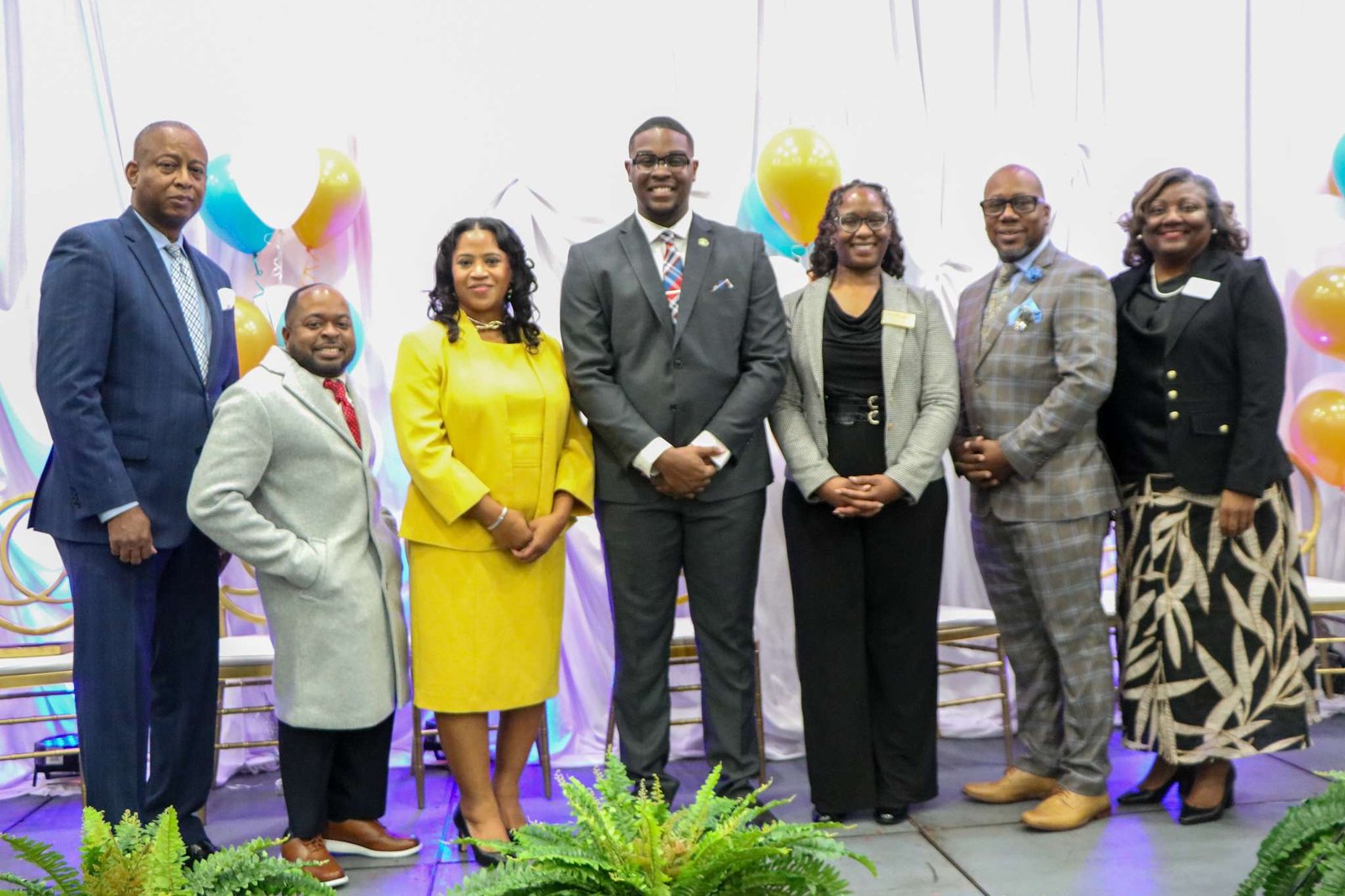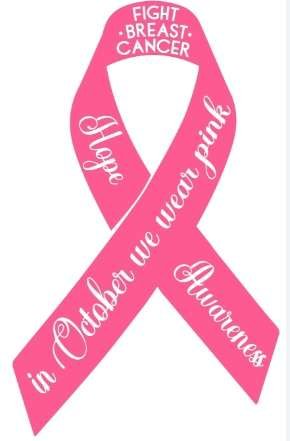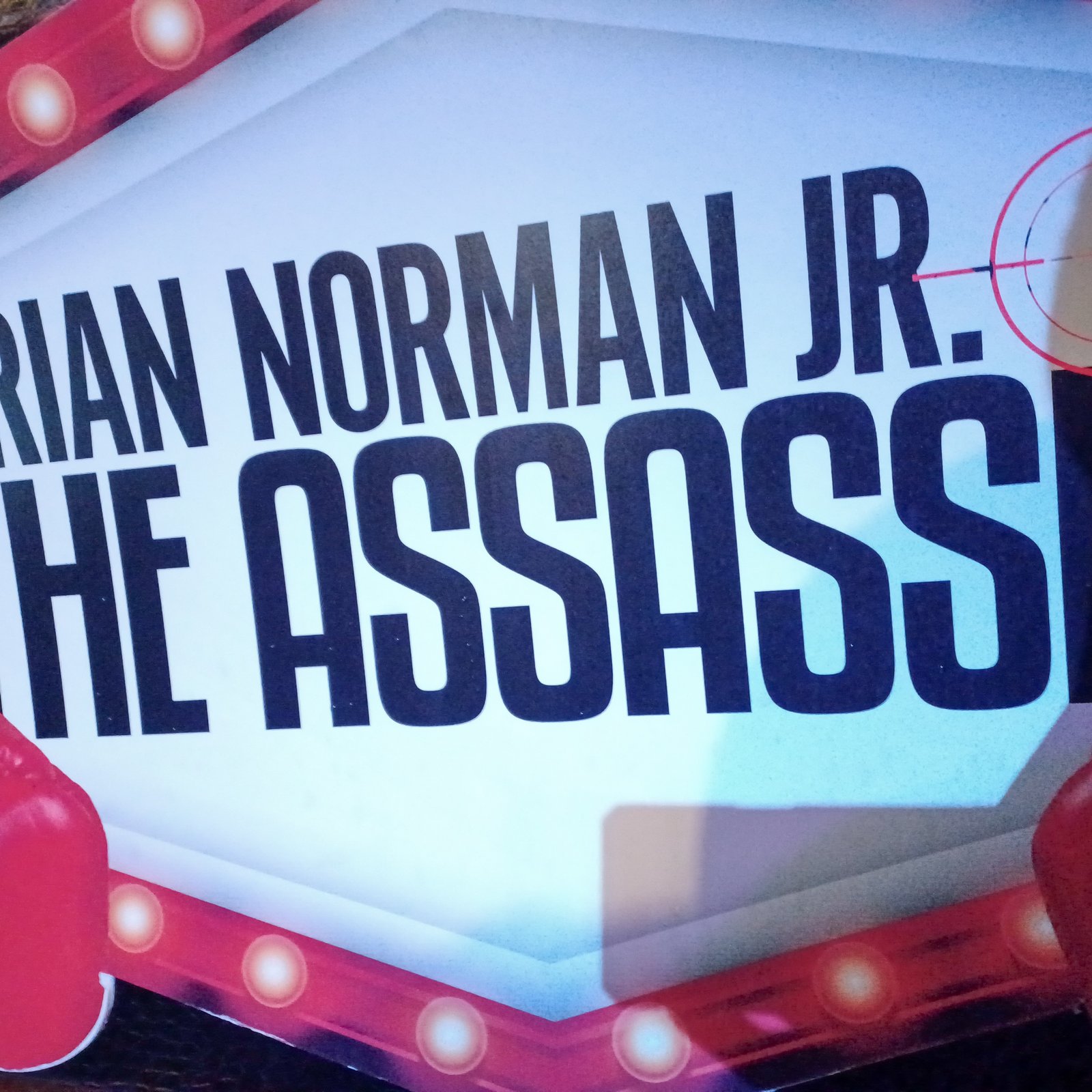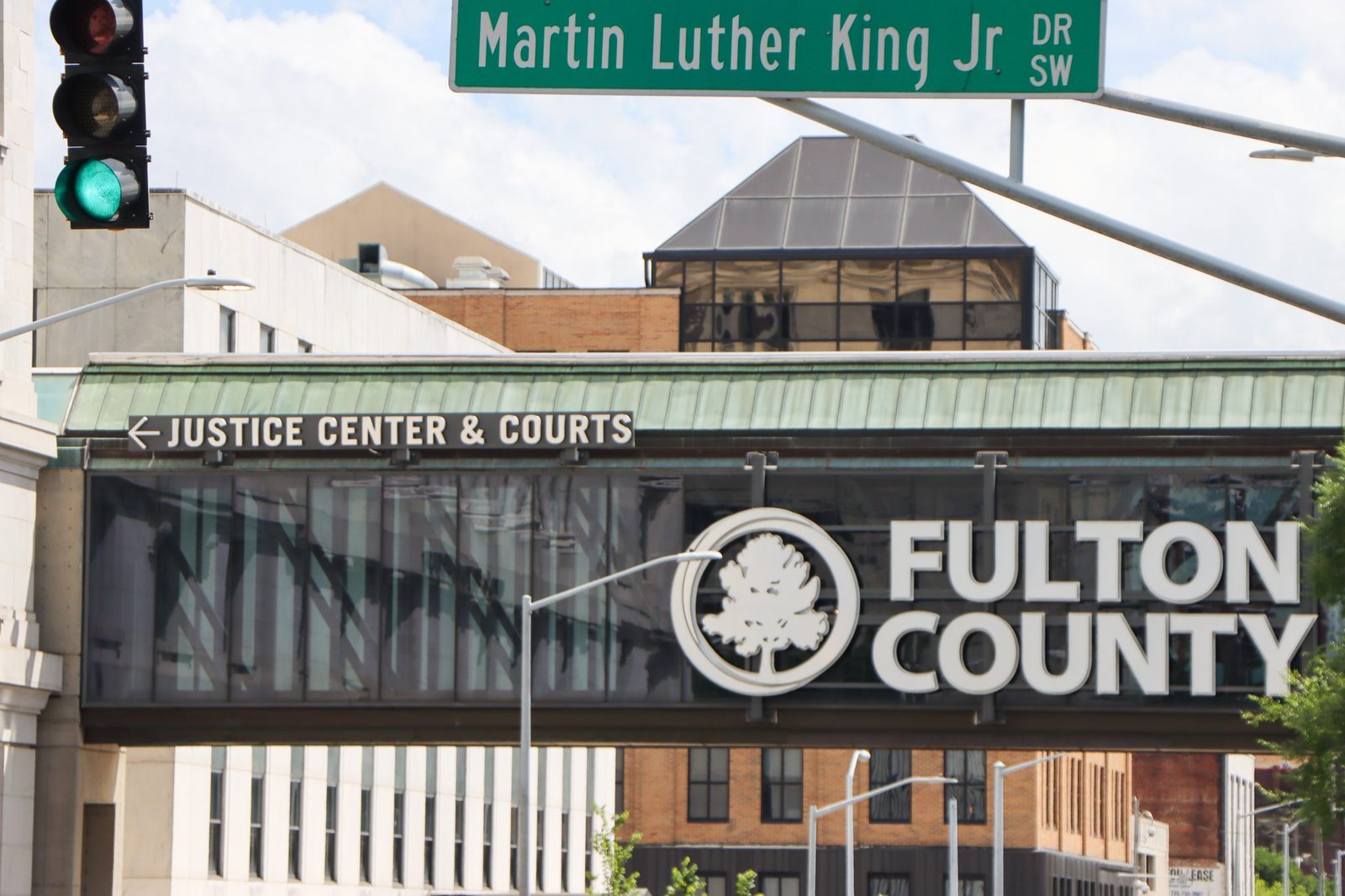
By Milton Kirby | June 9, 2025 | Atlanta, GA
Atlantans filled the C.T. Martin Natatorium and Recreation Center on Saturday, June 7th for a powerful and emotional community event focused on second chances.
The Record Restriction and Resource Fair, held June 7, brought together city officials, court leaders, attorneys, and community organizations to help eligible residents clear their criminal records and connect with critical resources. The event was hosted by the Atlanta City Council, the Fulton County District Attorney’s Office, the Fulton County Superior Court, and the Clerk of Superior Court.
Lines formed early as people arrived seeking answers, hope, and a path forward.
“We saw mothers, veterans, students—people from all walks of life,” said Atlanta City Councilmember Andrea Boone, who helped organize the event. “They showed up because they want to move forward. And we are here to support them.”

Residents were able to speak directly with legal professionals to find out if their records qualified for restriction or expungement under Georgia law. For many, it was their first chance to initiate a process often hindered by cost, confusion, or a lack of access.
District Attorney Fani Willis called the turnout a testament to the community’s desire for fairness.
“A mistake from years ago shouldn’t block someone from getting a job today,” Willis said. “Saturday was about making the justice system work for the people, not against them.”
In addition to legal help, attendees connected with employers, reentry programs, mental health services, and nonprofit organizations focused on long-term stability and personal growth. Organizers reported that nearly 400 people passed through the doors during the event.
Superior Court Judge Thomas A. Cox Jr., who was on hand to greet attendees and answer questions, said the fair “brought dignity and hope to people who often feel invisible.”
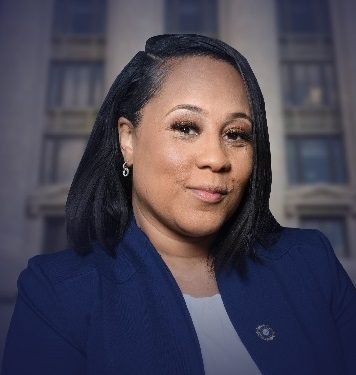
According to the Georgia Justice Project, nearly 40% of Georgians have a criminal record, yet many charges are eligible for restriction or expungement under current law—especially those that were dismissed or occurred many years ago. But without legal help, most don’t know where to start.
“This is the kind of outreach that changes lives,” said Superior Court Clerk Ché Alexander. “We didn’t just give out forms. We gave people real steps toward a new future.”
Saturday’s event was just one piece of a larger initiative aimed at breaking down systemic barriers that prevent people from accessing jobs, housing, and education. The effort reflects a growing recognition among city and county leaders that criminal records—particularly for nonviolent, dated, or dismissed charges—should not be lifelong punishments.
Participants left with more than just paperwork. They left with job leads, support contacts, and, in many cases, a new sense of possibility.
“This was a lifeline,” said one attendee, who asked not to be named. “I didn’t think anyone cared. But today proved they do.”
Organizers say they plan to host additional fairs in other parts of the city later this year.
“We’re just getting started,” Boone said. “Every person who walked through that door mattered. And we’re going to keep showing up for them.”
Please consider supporting open, independent journalism – no contribution is too small!





